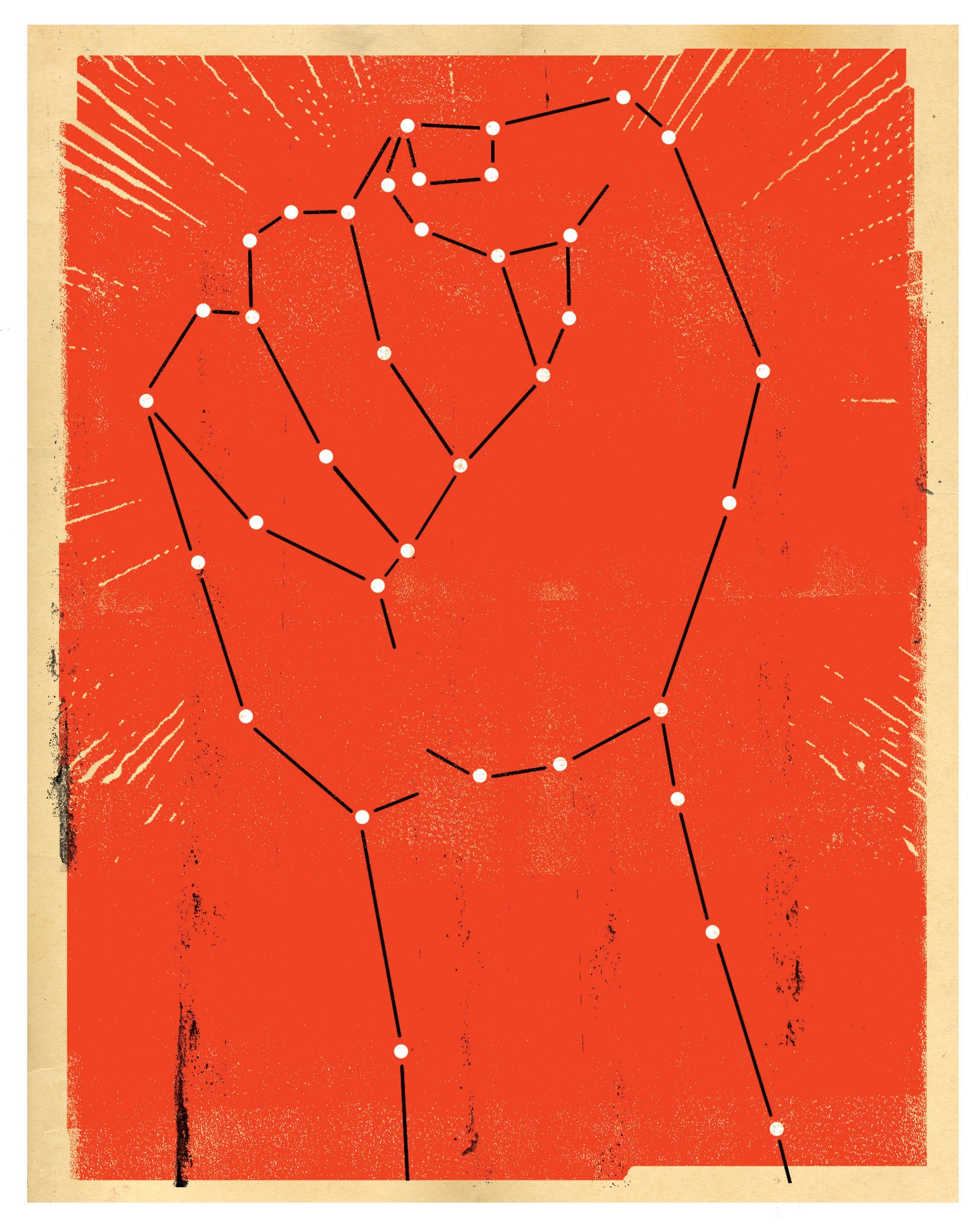In March, coinciding with the one-year anniversary of a crackdown on protests in Tibetan regions in China, people across the PRC found they couldn’t access YouTube—which had hosted videos of the protests the year before.
But Herdict, a new Web tool developed by the Berkman Center for Internet & Society at HLS, allowed Internet users all over China to report the site they couldn’t reach and see that nearly 150 others in the country were having the same experience.
Herdict’s creator, Professor Jonathan Zittrain ’95, is excited by these numbers: The more people who use what he calls the “civic technology,” which aggregates reports from volunteers and displays the results in real time, the better it works and the happier he is.
A leading scholar on the subject of the Internet, Zittrain has been a contributor to the OpenNet Initiative, a Berkman Center collaboration with other research institutions, which since 2002 has been tracking Internet filtering around the world. Herdict, he says, will be a rich source of leads for OpenNet and for others who want to use the data (such as the blogger who used Herdict’s reports in March to capture the timing of the China incident). More broadly, he hopes it will “contribute to our understanding of how information flows on the Internet.” An Arabic version was launched in April and a Chinese version is in the works.
The “crowdsourcing” technology casts a very broad net when it comes to collecting information, and does so “in the spirit in which the Internet is built,” Zittrain says. He adds that he is trying not to assume a whole lot about what results will be most useful. Whereas OpenNet has focused mainly on Web sites that are blocked—often by governments—“what is most briskly reported on Herdict,” he says, “may turn out to be content that is taken down by the original poster, either under pressure or for other reasons.”
“I think it’s a good time to expand the definition [of Net censorship],” says Zittrain, “because the two poles are starting to blend.” He cites instances in which YouTube has made unavailable to people in Thailand videos that insult the Thai king. “It’s not like Thai routers are being configured not to take any YouTube,” he says. “But certainly it’s a form of inaccessibility that is every bit as interesting as if Thailand had gone to the effort of filtering it itself.”
Herdict’s name plays on the idea of the “verdict of the herd,” and in addition to studying information flows, Zittrain is interested in looking at the power of collective efforts: “how much people can be inspired to pitch in on a project, and how with lots of people pitching in just a little, you end up getting a lot of work done.”
He cites other such experiments: from SETI@home—where a screensaver makes users’ computers part of a network in search of evidence of extraterrestrial life—to Wikipedia.
“It’s vital to understand how networks affect people,” he says. “There’s a lot of people who study how computers and networking melt your brain,” he laughs. “I’m interested in how computers and networking can get new forms of work and insight that just previously never would have been possible.”
